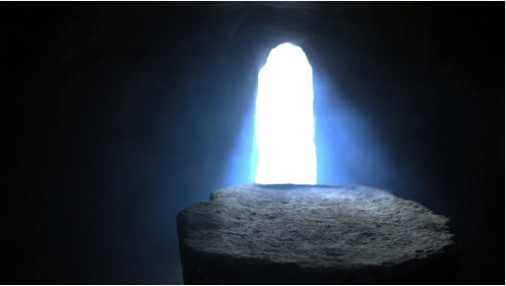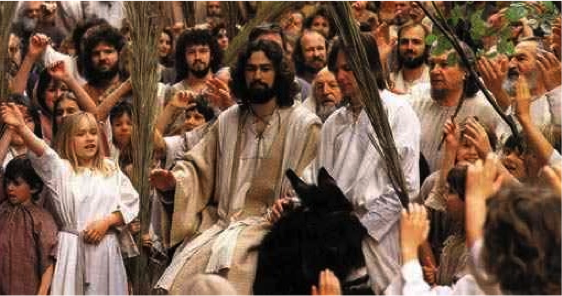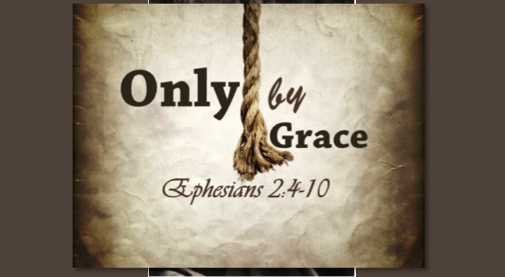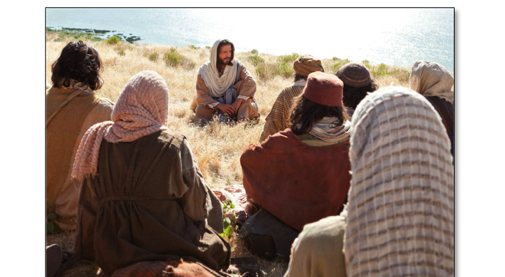
Blog

I wish I was more familiar with the Psalms. They are brilliant. I am convinced there is a psalm that names and gives hope to every conceivable situation we could ever find ourselves in. Here’s a line from Psalm 25: “No one has ever trusted in the Lord and been put to shame.” This is a pretty good mantra for Easter Sunday morning. Trust is the key, though.
A number of years ago, although it could …

This resurrection story is a story not only of Jesus being raised to new life, but more importantly, it is the story of the movement from fear to love in all of our lives. One thing the gospel writers Matthew, Mark, Luke, and John all have in common when they tell the resurrection story is the chronic mistake of people going to the wrong place. There is always someone in the wrong place telling them to go to the …

Although we just heard the passion reading from the gospel writer John, all four gospel writers (Matthew, Mark, Luke and John) basically tell the same story but with slightly different emphases. I’m going to draw a little bit from each of them. We are in the year of Mark, which means that almost all of the gospel stories we hear at Sunday Mass, this year, are taken from the Gospel of Mark. I love the opening line of Mark’s …

There is a big leap of faith asked of Peter and the other apostles in today’s gospel story. Jesus is asking them and, by extension, us to make room for a big change in the way we think. The dominant way for all of us to avoid change in our lives—even change that helps us grow—is to go into our heads. We all do it, and we will all be doing it right up to the day we die. …

One thing we can say about all gospel stories—but especially the gospel stories we hear during Holy Week—is that they are very visual. Even if you never had the privilege of being in Jerusalem, you can easily picture the scene of Jesus riding on a donkey and the crowd waving palm branches. So, picture yourself, once again, amidst all the excitement of the voices shouting “Hosana.”
Since all gospel stories are part of the one story …

I remember being a kid in the early 1970s and collecting hockey cards much like this Tim Horton card. I also remember playing with them until the corners were damaged and trading with them in the school yard. (Card aficionados now seal them in plastic, keep them in pristine condition, and pray they become rare and valuable). At recess you would look at another kid’s bundle of cards as he rifled through them hoping to find one you could …

The only thing that separates you from God is the thought that you are separated from God. It is all in your head (and mine). You cannot be separate from God. If you lived for one nanosecond separate from God, you would cease to exist. When you live in that realization, that you are connected to God by a bond that can never be broken, it always feels like surrender. But it’s a good kind of surrender. You will …

1. “Blessed are the poor in spirit, for theirs is the kingdom of heaven.”
Do I fear being poor, in spirit or otherwise, and prefer to be rich in money, brains, or influence? Is my desire for poverty of spirit congruent with my lifestyle? Do I use the word of God to rationalize my lifestyle, or am I willing to have God’s word criticize it? Do I cling to my own ideas, opinions and judgments, sometimes …

One of the ways sin in defined in the four gospels, is that it starts off with an inability, or a failure, to see. There is something about our seeing, when we sin, that gets screwed up right from the get go. It reminds me of a story in John’s Gospel, that we often hear during Lent, of how Jesus gets in trouble for curing a blind man on the Sabbath. The Pharisees, who value the keeping of the …

We are all familiar with this gospel story often called the “cleansing of the Temple.” For some people, Jesus showing anger, making a whip, upsetting tables, and driving people out the Temple seems too much of a stretch from the Jesus they grew up with. Afterall, did Jesus not ask us to be tolerant, loving (even of enemies), patient, and just nice to one another? The truth is Jesus never asked us to settle for nice. In fact, the …